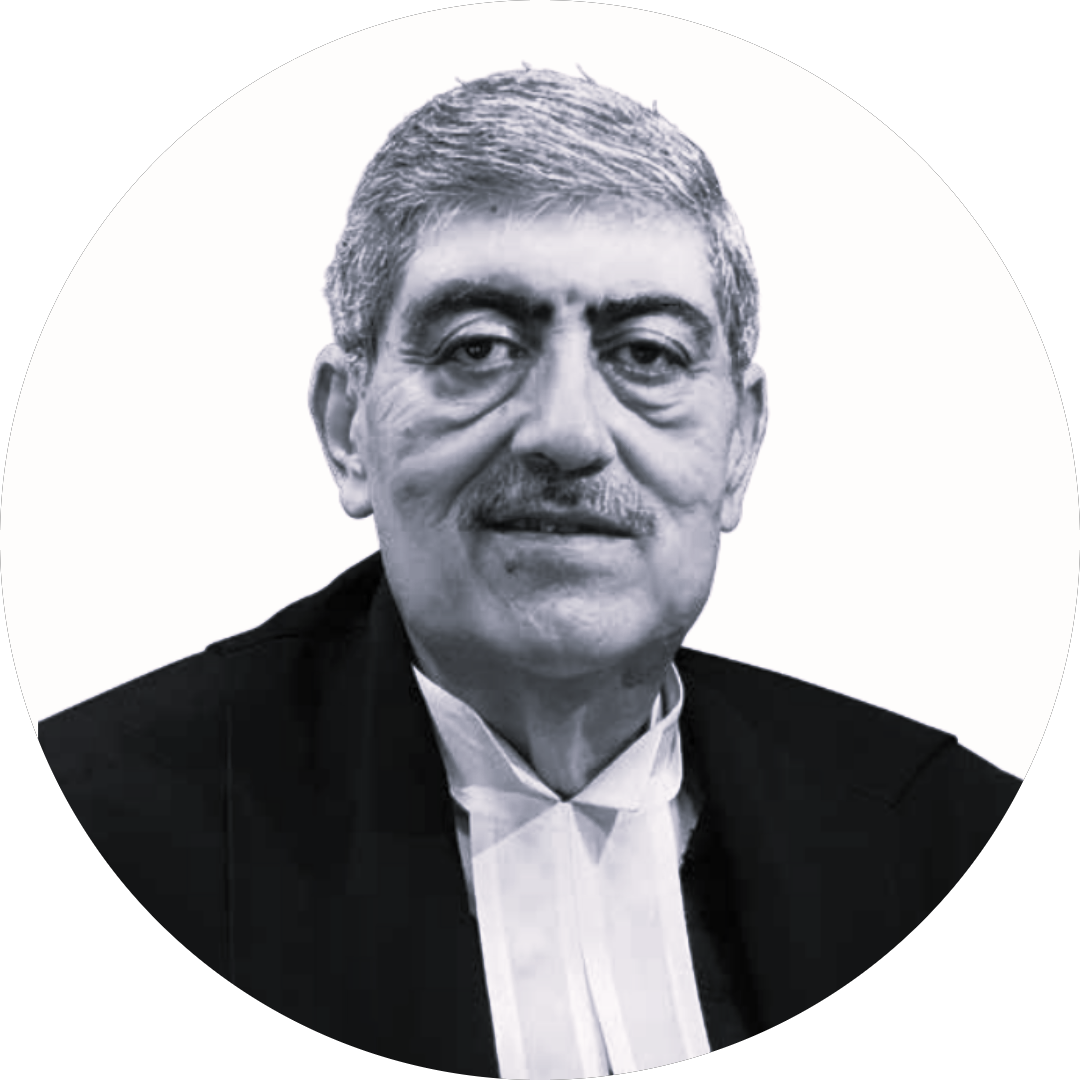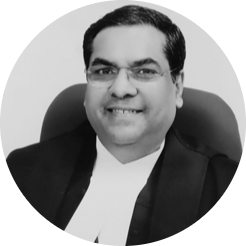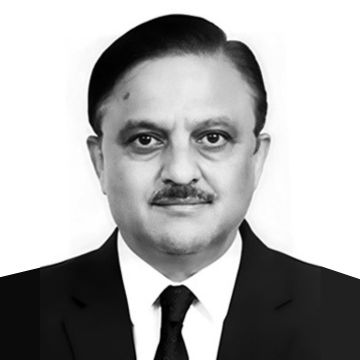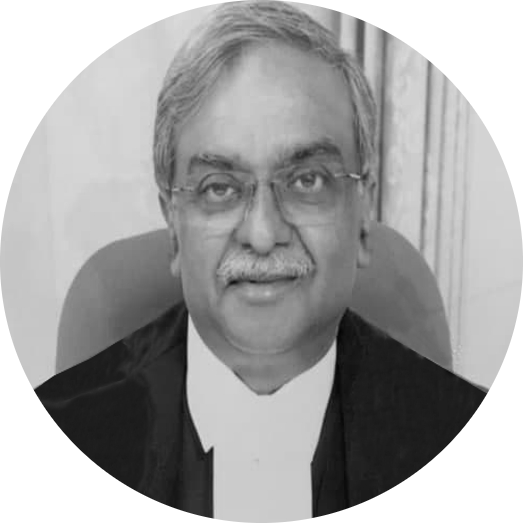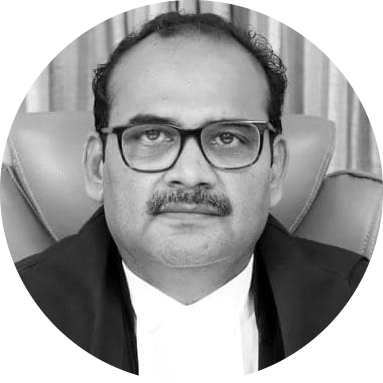Challenge to the All India Bar Exams
Bar Council of India v Bonnie FOI Law College
The Supreme Court upheld the Bar Council of India's power to conduct the All India Bar Examination, which is compulsory for advocates who wish the argue and practice before all courts.
Decided
Parties
Petitioner: Bar Council of India
Lawyers: Ardhendumauli Kumar Prasad
Respondent: Bonnie FOI Law College
Lawyers: Mohan Pandey, B.K. Satija
Amicus Curiae: Attorney General K.K. Venugopal, Sr. Adv. K.V. Vishwanathan
Lawyers:
Case Details
Case Number: SLP (C) No. 022337/2008
Next Hearing: September 27, 2022
Last Updated: May 27, 2023
Key Issues
Can a pre-enrollment exam be prescribed by the Bar Council of India (BCI) as a condition precedent for enrollment?
Can the BCI prescribe pre-enrollment training in terms of the BCI’s training rules issued in 1995 as framed under Section 24(3)(d) of the Advocates Act, 1961?
If a pre-enrollment exam is impermissible, can the BCI prescribe a post-enrollment exam?
Case Description
In April 2010, the Bar Council of India introduced the All India Bar Exam (AIBE) with the objective of improving the standards of the legal profession in India. The AIBE assesses a candidate’s basic understanding of the law and their analytical skills—the minimum benchmark to qualify as an advocate. Candidates who pass the exam are awarded a ‘Certificate of Practice’ by the Bar Council of India to signify their qualification as an advocate.
On April 30th, 2010, the Bar Council of India issued the ‘All India Bar Exam Rules, 2010’. The Rules mandated advocates must pass the AIBE to practice law in India. Previously, lawyers only needed a law degree and enrollment in their respective State Bar Council to be a practicing advocate.
On October 30th, 2014, the Bar Council of India framed the Certificate of Practice and Renewal Rules, 2014. These Rules declared that advocates enrolled in State Bar Councils on June 2010 must obtain a Certificate of Practice within six months. Those who enrolled after June 2010 had to appear for the AIBE to obtain their Certificate of Practice.
On January 13th, 2015, the Bar Council of India issued the BCI Certificate and Place of Practice (Verification) Rules, 2015. The 2015 Rules create two classes of advocates—practicing advocates and non-practicing advocates. Non-practicing advocates are barred from benefiting from welfare schemes for advocates and are not allowed to vote in Bar Council elections. The Rules further require advocates to renew their Certificate of Practice every five years, failing which they will be listed as defaulting advocates.
On July 7th, 2008, Bonnie FOI Law College approached the Supreme Court in a matter concerning the inspection, recognition and accreditation of law colleges in India. With the passing of the 2010 Bar Council Rules, the issue of pre-enrolment qualifications and the All India Bar Exam was also included in the scope of the petition. Subsequently, a number of previously enrolled advocates and freshly enrolled advocates challenged the 2014 and 2015 Rules issued by the Bar Council of India.
The petitions argue that the Rules go against the decisions in V. Sudheer v BCI (1999) and Indian Council of Legal Aid and Advice v BCI (1995). In these cases, the Supreme Court held that the BCI cannot impose subordinate rules, which go against The Advocates Act, 1961 (the Act), on advocates. Section 30 of the Act extends to all advocates, enrolled in a State roll of advocates, the right to practice before all Courts including the Supreme Court, tribunals and other judicial authorities. V. Sudheer also ruled that the Bar Council of India cannot impose pre-enrolment training on candidates. The Bar Council may issue rules governing advocates only after their enrolment.
On March 1st, 2016, a 3-Judge Bench comprising former CJI J.S. Thakur and Justices R. Banumathi and U.U. Lalit observed that the right to practice law was not only a statutory right under the Act, but is also a fundamental right for LL.B. degree holders. The Bench noted that an examination which grants licenses to advocates negated this right. The Bench declared that they were not against the exam itself, but wanted to verify if the AIBE was within the ‘parameters of law’.
On March 18th, 2016, the 3-Judge Bench referred the challenge to the All India Bar Exam to a 5-Judge Constitution Bench.
On August 24th, 2022, the Supreme Court announced that it would hear 25 Constitution Bench matters starting from August 29th, 2022. The AIBE challenge was on this list.
On August 20th, 2022, a 5-Judge Bench comprising Justices S.K. Kaul, Sanjiv Khanna, A.S. Oka, Vikram Nath, J.K. Maheshwari directed the case to be listed for final hearings from September 27th, 2022. The case was heard for two days on September 27th and 28th. On February 10th, 2023 the Bench upheld the Bar Council of India’s power to conduct the All India Bar Examination.

